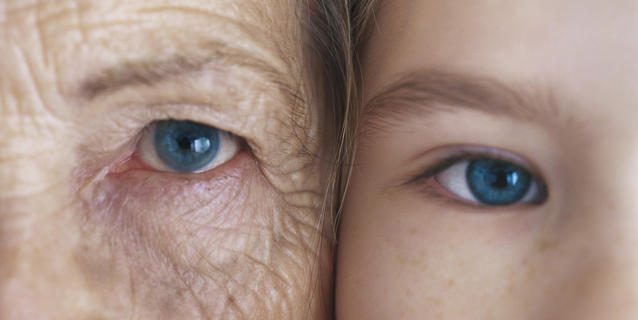 |
|
|
|
|
Why Do we Age?
|
|
11.29.2016 |
|
Medicine
We all know that our bodies deteriorate as we get older. By trying to understand why, scientists are hoping that they may eventually be able to slow down, or even stop, this process.
|
|
Read the opinion
|
|
|
|
|
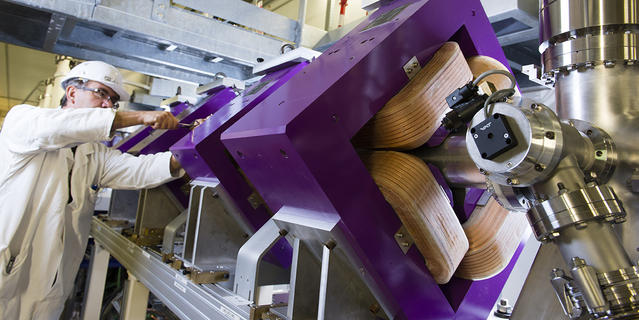 |
|
|
|
|
At the Heart of Nuclear Matter with SPIRAL2
|
|
11.14.2016 |
|
Physics
A new heavy-ion accelerator was inaugurated a year ago at the GANIL facility in Caen (northwestern France). The first phase in the SPIRAL2 project, this new instrument will enable scientists to delve further into the mysteries of the atom and even create new elements.
|
|
Read the article
|
|
|
|
|
|
|
|
Also this month
|
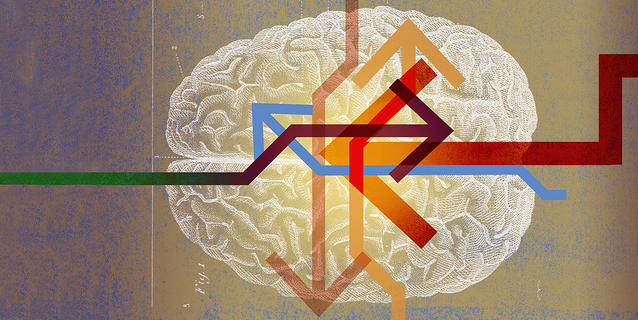 |
|
|
|
Understanding Radicalization
|
|
11.25.2016 |
|
Interview A call for proposals launched by the CNRS in the wake of last year's terrorist attacks in Paris led to the submission of a number of projects that focus on radicalization. In September, the CNRS organized the first-ever international thematic workshop on this complex issue—the subject of much... |
|
Read the article
|
|
|
|
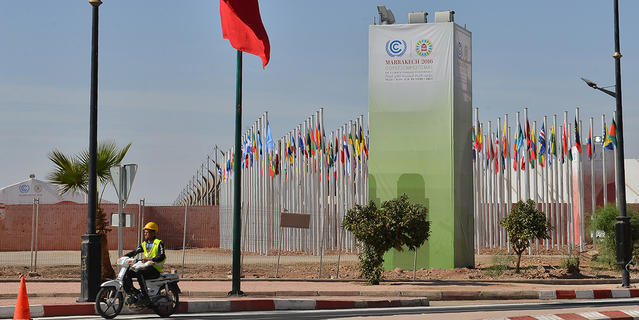 |
|
|
|
Climate: Time for Solutions?
|
|
11.10.2016 |
|
COP 22 A year on from the Paris Agreement, the COP22 was held in Marrakech November 7-18. Indigenous knowledge, scientific data and grassroots initiatives all play a role in researchers' assessments and recommendations for tackling climate change and its consequences. |
|
Read the article
|
|
|
|
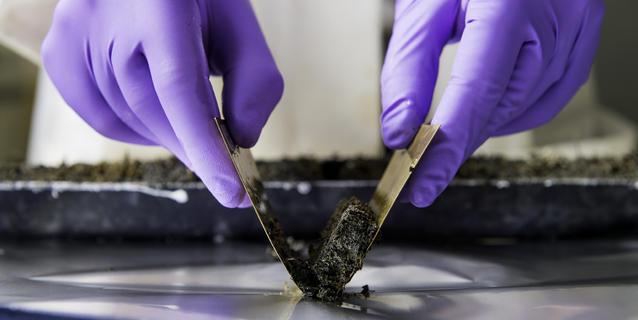 |
|
|
|
History Down the Drain
|
|
11.15.2016 |
|
Geochemistry While renovating a sand filter, a water purification device located in Orléans, researchers were able to access sediments that had accumulated since 1942 from particles transported in the wastewater and rainwater network. They hope to reconstruct over 70 years of local history through their... |
|
Access the slideshow
|
|
|
|
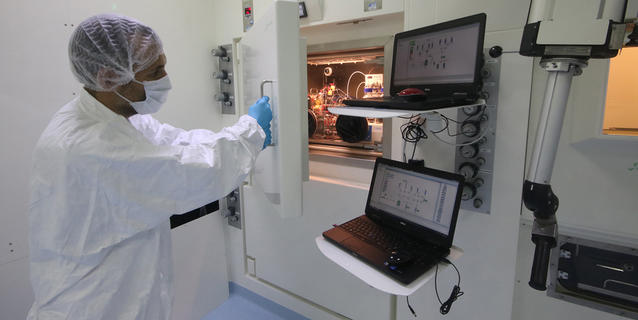 |
|
|
|
Astatine, an Ally against Cancer
|
|
11.17.2016 |
|
Chemistry Astatine is one of the rarest chemical elements on Earth, and one of the most unstable. Nevertheless, it is of considerable interest to medical research as it could help destroy cancerous tumors that are difficult to treat. |
|
Read the opinion
|
|
|
|
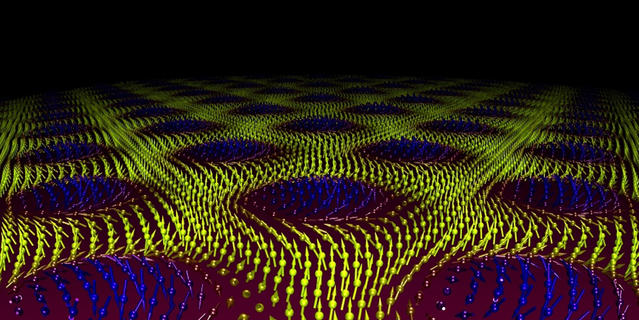 |
|
|
|
The New Challenges of Spintronics
|
|
12.01.2016 |
|
Electronics Spintronics, which uses both the electrical and magnetic properties of electrons, has greatly increased the storage capacity of hard drives since the 1990s. Today it opens up new avenues for the future of information technology. |
|
Read the article
|
|
|
|
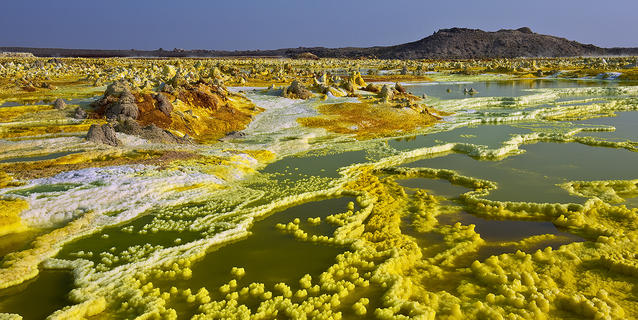 |
|
|
|
Finding Life in an Inferno
|
|
11.18.2016 |
|
Evolution Last year, a group of scientists travelled to the hydrothermal site of Dallol in northern Ethiopia. In this extreme environment and against all odds, they discovered traces of life. |
|
Read the article
|
|
|
|
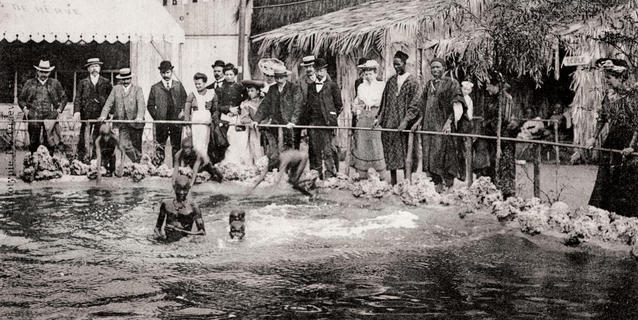 |
|
|
|
In the Days of Human Zoos
|
|
11.22.2016 |
|
Anthropology Human beings on display in zoos: this was the public entertainment provided by certain late 19th century societies, at a time when racial stereotyping was not called into question. |
|
Read the article
|
|
|
|
|
|